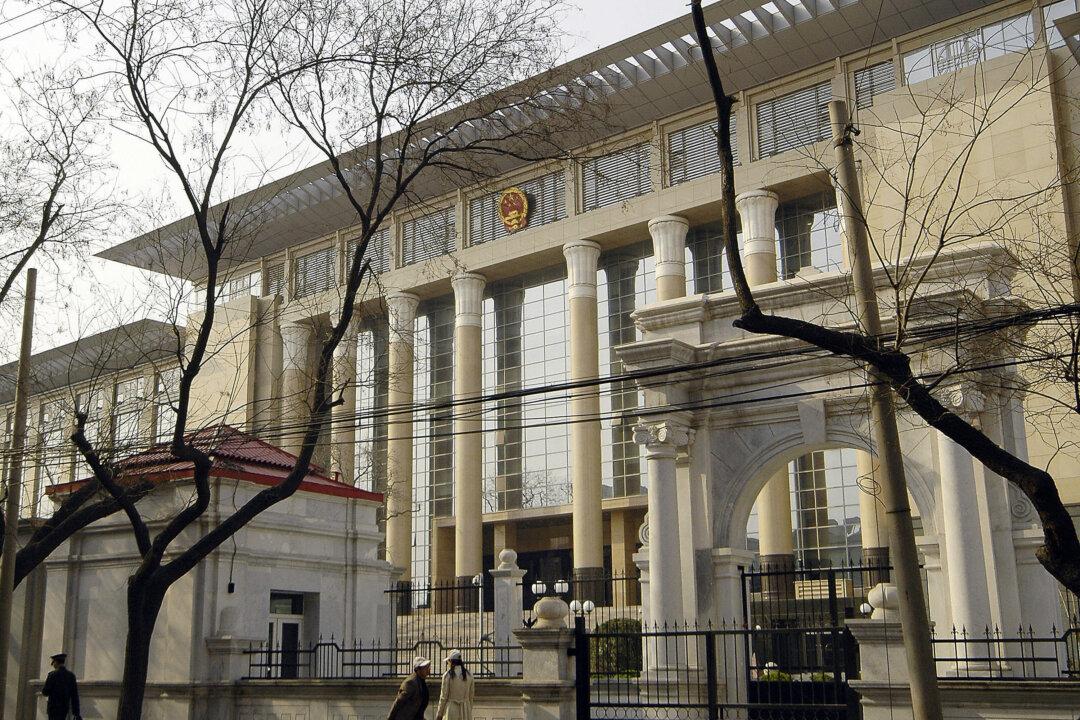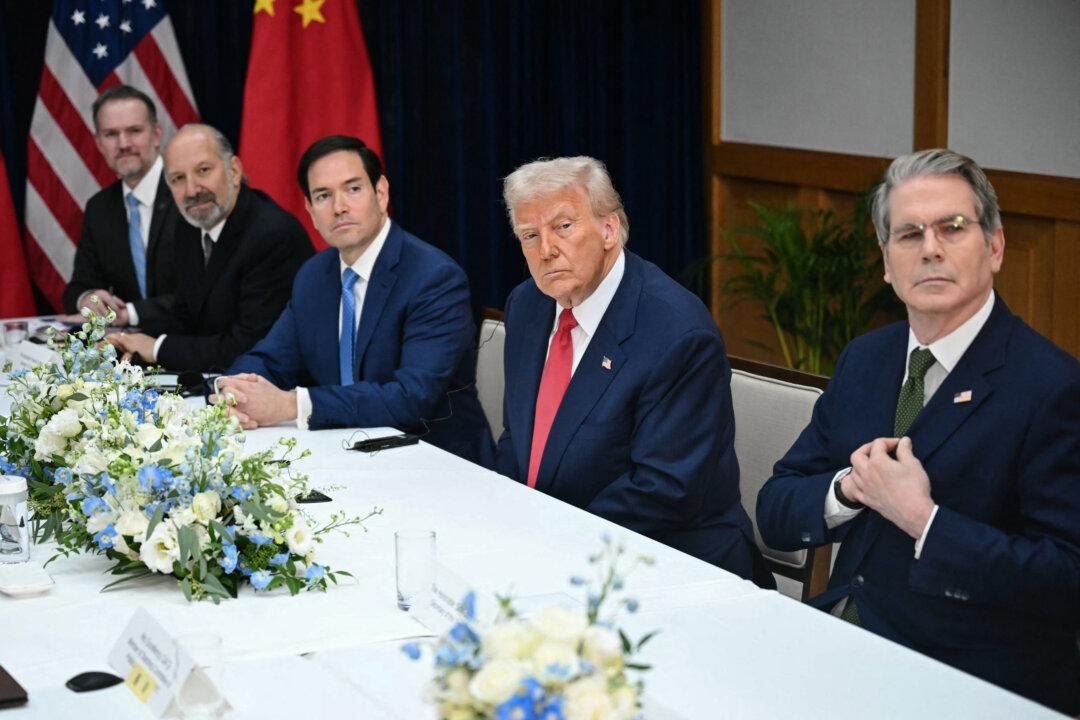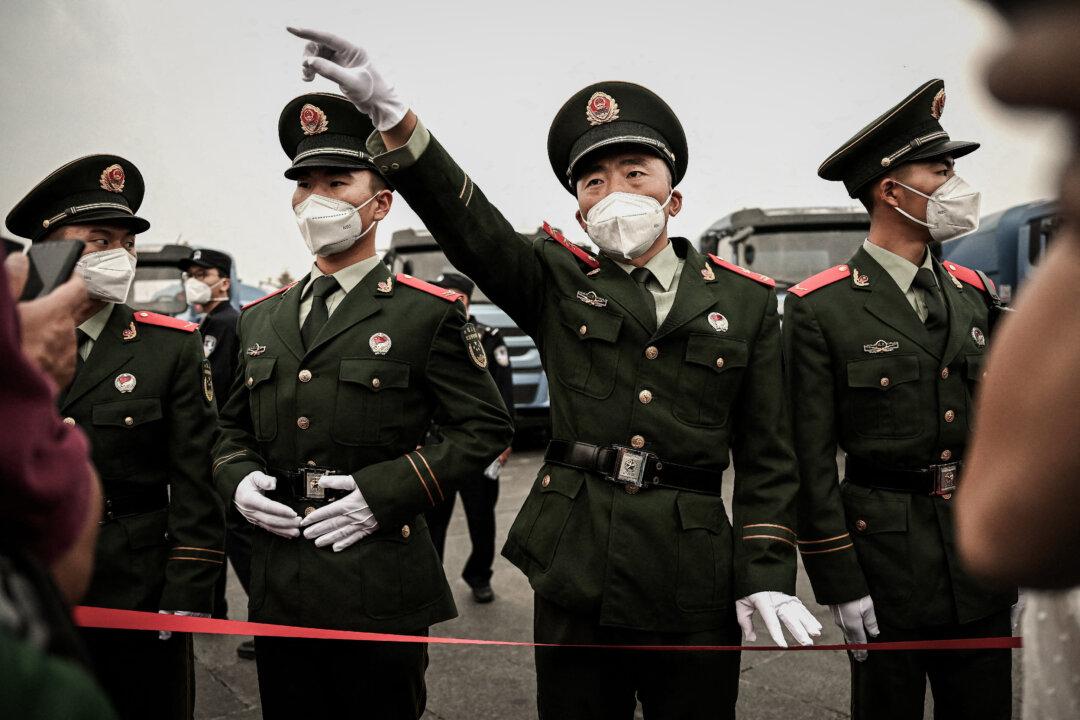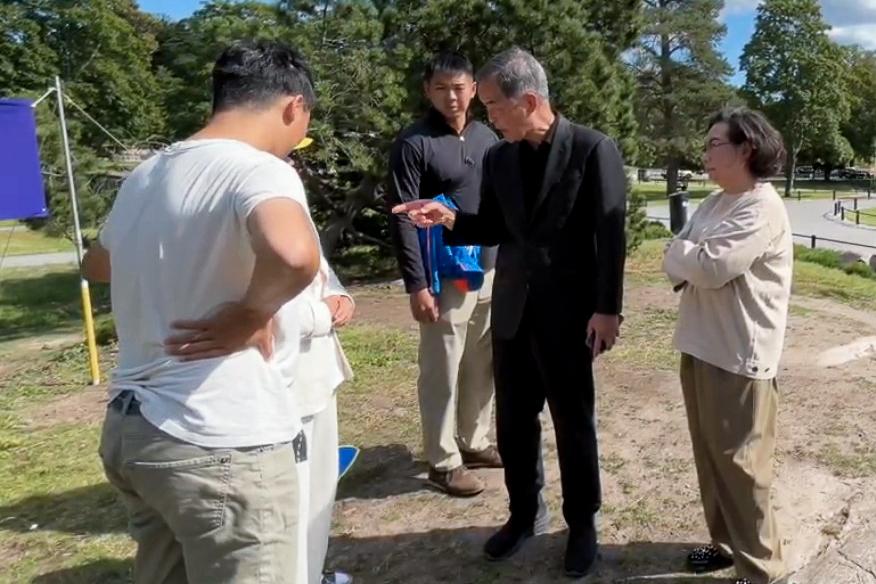On Feb. 22, Chinese state broadcaster CCTV aired a segment about the hotly-discussed court case involving a mining contract dispute in Shaanxi Province. The case came into the public eye after a famous media personality exposed that files related to the case had gone missing.
Chinese authorities then conducted an investigation, the results of which were aired on the state broadcaster CCTV: Wang Linqing, a former Chinese supreme court judge, had stolen the files. During the segment, CCTV also aired a taped confession in which Wang admitted to his wrongdoing.
The Shaanxi mining case dates back to 2003 and was closed in 2018 after the involved party appealed the verdict twice. The mine located in Yulin City of Shaanxi Province, has 1.9 billion metric tons’ worth coal reserves valued at about 380 billion yuan ($56.7 billion). Two parties both claimed that they had ownership over the mine.
On Dec. 30, 2018, Wang Linqing, the judge during the second appeal, released a video explaining that some of the most important files in the case had disappeared from his office in November 2016. He asked a fellow judge to call the police, but was told the surveillance cameras stopped working at the time and he should not ask for more information. Wang said he suspected that the cameras had been tampered with.





